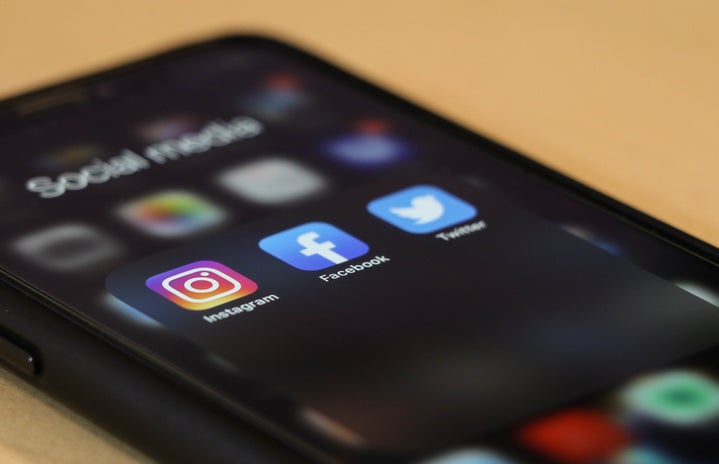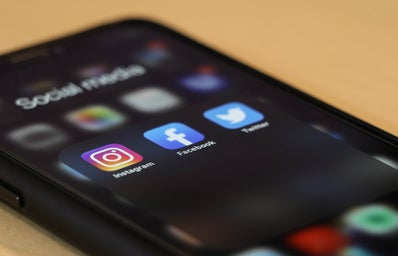Anyone with any form of social media will be fully aware of the Molly-Mae scandal which happened a few weeks ago. The 22-year-old social media influencer was found to have made a comment in an interview on Steven Bartlett’s The Diary of a CEO podcast. In the interview, Molly-Mae made a comment saying that we ‘all have the same 24 hours in a day.’ Whilst there was clearly an aim to sound inspirational, it did the exact opposite and made her sound tone-deaf.
She also went on to say that we all have the ‘same amount of hours in a day as Beyoncé.’ Whilst that may be true on paper, she seems to forget that while Beyoncé is singing about her astronomical wealth, including her ‘diamonds’ and ‘rocks’, others are spending their days working long 12-hour shifts, sometimes in poorly paid positions, just so they are able to have a roof over their head and food on the table. This in itself is extremely insensitive to those who do not have the same privilege as someone like her. It is less normal to be in her position of wealth, where she can do pretty much whatever she likes. Also, coming from an advantageous background where she is white and stereotypically meets the beauty standard, she has a lot more influence on her audience, especially on young girls. Her saying this provides quite an unrealistic expectation that we can all reach the same success she has accumulated, when in fact, it is just not that easy.
Unlike what Molly-Mae suggests, the fact of the matter is that we don’t all have the same 24 hours in a day. Some people are enjoying societal privileges, which will allow them to live their life more freely and with less struggle, while others are struggling in poverty. There is some irony in all of this as The Sunday Times found that in 2020 Pretty Little Thing, the company of which Molly-Mae is the Creative Director (and being paid a seven-figure salary), are paying their factory workers around £3.50 an hour. So, whilst Molly-Mae has to worry about which Balenciaga bag to buy next, the factory workers stitching her clothes are having to worry if they can pay their food bills that month. It becomes rather hypocritical for her to say we ‘all have the same 24 hours in the day’, when her days are spent doing different things with less pressure than the employees working for her.
She also doesn’t take into account people with other hardships such as chronic illnesses and/or disabilities. These people spend months in hospitals, where they may be bedridden or incapable of living a normal life with the endless opportunities that others might be lucky enough to have. These people are prime examples of not having the ‘same 24 hours in the day,’ when most of one singular day can possess extreme fatigue that disallows them to be productive, efficient, or, to say the least, active. It is inconsiderate of Molly-Mae to believe these people can do the same as her, when they just do not have the privilege of experiencing the same walk of life or achieving what she has quite so easily.
That being said, the amount of coverage this scandal received was beyond madness; every social media outlet was covering the story. While it is important to hold influencers accountable for their actions, Molly-Mae’s comments received more coverage that week than the actions of the UK Government with regards to a bill which will put more limits on refugees receiving aid from the UK. It really shows what is seen as important nowadays, especially amongst the youths. Whether it is through supporting her or giving her backlash, the widespread coverage has proven the scandal to be rather tone-deaf due to the insensitivity caused by Molly-Mae’s chosen words.
If an influencer is causing damage, we need to take the situation seriously and limit how much influence they really have after the scandal. The sole purpose of an influencer is to have a target audience who they can majorly impact with their behaviour. Molly-Mae has extreme influence over her audience, so whilst she was trying to be inspirational, the words she chose were definitely not the right choice. The backlash she faced, whilst some would say was taken too far, does, in fact, show how important it is for people like influencers to consider what they say and learn about their audience; many were clearly unhappy with what was said.
Every tweet that was tweeted and every view on her latest YouTube video has a contribution to Molly-Mae’s wealth and has given her more coverage than ever. Whilst she may have lost over 40K followers on Instagram, she also gained more coverage which, therefore, actually had a positive impact on her financial situation. Yes, we must hold influencers accountable for their actions, but we must also look at the bigger picture and evaluate the most effective way to do so.
Molly-Mae issued an apology after her tone-deaf remark where she took to Instagram to say:
I want to come back online today as normal but I feel like before I do I just wanted to say this… When I say or post anything online, it is never with malice or ill intent. I completely appreciate that things can affect different people in different ways however I just want to stress that I would never intend to hurt or upset anyone by anything that I say or do. I apologise to the people that have been negatively or misunderstood the meaning of what I said in the podcast, the intensions of the podcast were only ever to tell my story and inspire from my own experience.
The problem with this apology is simple – she never gave one. When she passes the blame to the people she is apologising to and says that they ‘misunderstood the meaning of what [she] said in the podcast,’ it shifts the blame from her to her audience. Instead, she should apologise for what she said, rather than stating what she should have said or ‘meant.’ She should educate herself on the hardships dealt with by other people, how this can impact them, and how her words really impact the people around her.



